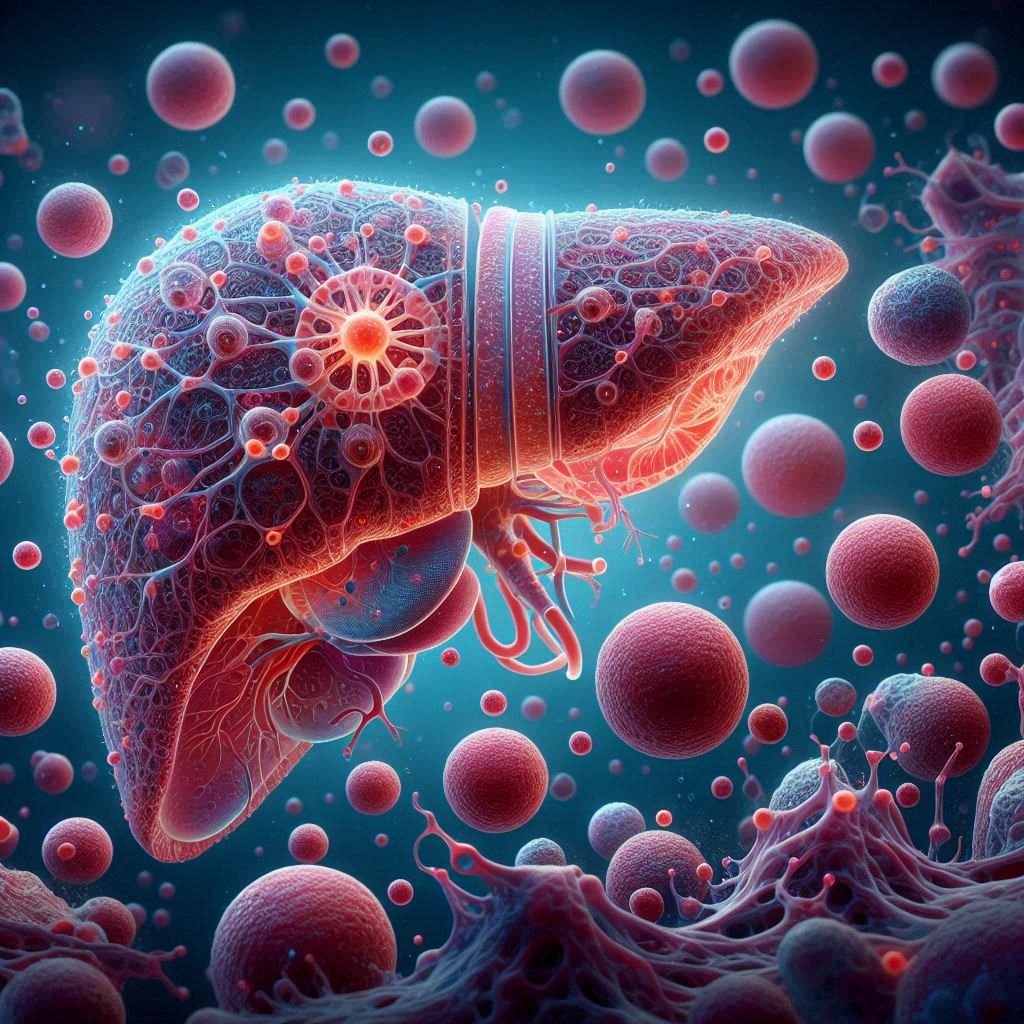
Cirrhosis is a chronic (ongoing, long-term) disease of the liver. But as liver function deteriorates, you may experience fatigue, nausea, unintended weight loss, and swelling in your legs and abdomen. In time, jaundice a yellowing of your skin and the whites of your eyes and intense itching can develop. But other factors including damaged bile ducts, immune system problems and prolonged exposure to certain environmental toxins can cause liver scarring, too. Specific treatment for cirrhosis depends on the underlying cause, but anyone with cirrhosis must avoid alcohol and other substances that harm the liver. When damage is so severe that liver function is seriously impaired, a liver transplant may be the only option.
Causes of Cirrhosis
The common Causes of Cirrhosis:
Using alcohol in excess is the most common cause of cirrhosis in the United States.
Type B and Type C hepatitis, and perhaps other viruses, can infect and damage the liver over a prolonged time and eventually cause cirrhosis .
Prolonged exposure to certain chemicals or drugs can scar the liver.
This chronic inflammation occurs when the body’s protective antibodies fail to recognize the liver as its own tissue. The antibodies injure the liver cells as though they were a foreign protein or bacteria.
Symptoms of Cirrhosis
Some Symptoms of Cirrhosis:
Fever.
Loss of appetite.
Itchy skin.
Yellowing of skin or the whites of eyes (jaundice).
Confusion, disorientation, personality changes.
Weight loss or sudden weight gain.
Nausea and vomiting
Fatigue
Treatment of Cirrhosis
Having a liver transplant if your liver damage becomes severe, provided you are a suitable candidate for liver transplantation and a liver is available.
Infections are treated with antibiotics.
Avoiding substances that may further damage the liver, especially alcohol.
Bleeding varices are treated by upper endoscopy with banding or sclerosis.
If cirrhosis progresses and becomes life-threatening, a liver transplant should be considered.
Coagulopathy may be treated with blood products or vitamin K.
Encephalopathy is treated with the medication lactulose; sometimes antibiotics are used and patients should avoid a diet high in protein.
Ascites (excess abdominal fluid) is treated with diuretics, fluid and salt restriction, and removal of fluid (paracentesis).




